Lucite is a remarkably strong, and versatile, design material. Designers have utilized Lucite's unique properties to create amazing creations. At one time, more popular than in more current years, Lucite is still highly regarded for its functionality and high-end style.
Technichally known as poly(methyl methacrylate), more common names are Acrylic or sometimes Acrylic Glass. The name Lucite is actually a brand name of a DuPont product. Similarly, Plexiglass is also an acrylic product name from Rohm & Haas.
Lucite was developed in the late 1920s, and first commercially applied in the early 1930s. Designers loved its versatile properties, and immediately began to use it in products from jewelry to furniture.
Lucite saw a more utilitarian use during WWII as its strength, and light weight, made it suitable for windshields and windows on planes.
Although Lucite stills sees the largest amount of use in the manufacturing, transportation, and medical fields, artists and designers still turn to it today.
Lucite saw a more utilitarian use during WWII as its strength, and light weight, made it suitable for windshields and windows on planes.
Although Lucite stills sees the largest amount of use in the manufacturing, transportation, and medical fields, artists and designers still turn to it today.
Lucite Artists - The "Invisible" People
Philippe Starck's "Louis" ghost chair is perhaps one of the more iconic designs in recent years. However, glass and Lucite designs date back well into the 1930s.

|
| Philippe Stark "Louis" Ghost Chair - starck.com |
An early example of a designer's use of Lucite was makeup magnate Helena Rubinstein's bed in her New York apartment. Featured in LIFE Magazine in 1941, "Madame" Rubenstein had the bed designed for her by Ladislas Medgyes, and made for $675. (Which she considered a bargain.)
The bed was lit by fluorescent light, which takes advantage of Lucite's unique light transmission properties. Lucite tends to have light bounce around inside its walls until coming out the other side. This allows Lucite to "glow" when exposed to certain light sources.
The bed was lit by fluorescent light, which takes advantage of Lucite's unique light transmission properties. Lucite tends to have light bounce around inside its walls until coming out the other side. This allows Lucite to "glow" when exposed to certain light sources.

|
| "In her lucite bed, Madame reads by the fluorescent lighting which infuses the head and foot. She had the bed built for $675, which she considers a bargain."
LIFE Magazine, July 21, 1941, pg. 37 |
Designers are still using Lucite in unique, creative and beautiful ways.
For example, the office space shown below, from designer Vanessa Deleon, mixes lush textures with smooth, shimmering, finishes.
The lightness of the room would become too heavy if a solid chair had been used.
A replica of a Lucite chair from the Helana Rubenstein New York apartment blends seamlessly with chandelier, the mirrored desk and the large mirror in the corner.
More images of this Vanessa Deleon design are available here.
For example, the office space shown below, from designer Vanessa Deleon, mixes lush textures with smooth, shimmering, finishes.
The lightness of the room would become too heavy if a solid chair had been used.
A replica of a Lucite chair from the Helana Rubenstein New York apartment blends seamlessly with chandelier, the mirrored desk and the large mirror in the corner.
More images of this Vanessa Deleon design are available here.

|
| Eclectic Office by designer Vanessa Deleon |
Charles Hollis Jones
Charles Hollis Jones is an American artist and furniture designer recognized for his use of acrylic and Lucite in a variety of his designs. [Wikipedia]
Charles Hollis Jones furniture displayed at the Elrod House
"Masters of Modernism: Now Clear This" Palm Springs Life Magazine, February 2009
See also, "Get the Look", below.
Vladimir Kagan
Vladimir Kagan (born 1927 in Worms, Germany), furniture designer. Emigrated to the United States in 1938. Graduated from the School of Industrial Art in 1946, where he was an architecture major. Studied architecture at Columbia University. Opened his first shop in New York in 1949. Early work included furniture for the Delegate's Cocktail Lounge at the United Nations and furniture for the "Monsanto House of the Future" at Disneyland. [Wikipedia]
Karl Springer
Karl Springer, was a designer and manufacturer of luxury furniture and accessories. Born in Berlin, he came to New York in 1957. Mr. Springer worked with many materials to translate pure, classical shapes into contemporary, custom-made furniture, lighting and accessories. His signature styles were classical Chinese and Art Deco. He opened his first workshop in the early 1960s and started concentrating on furniture design in 1965. [From the New York Times Obituary for Karl Springer]
Get the Look







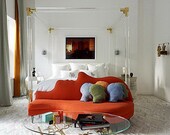
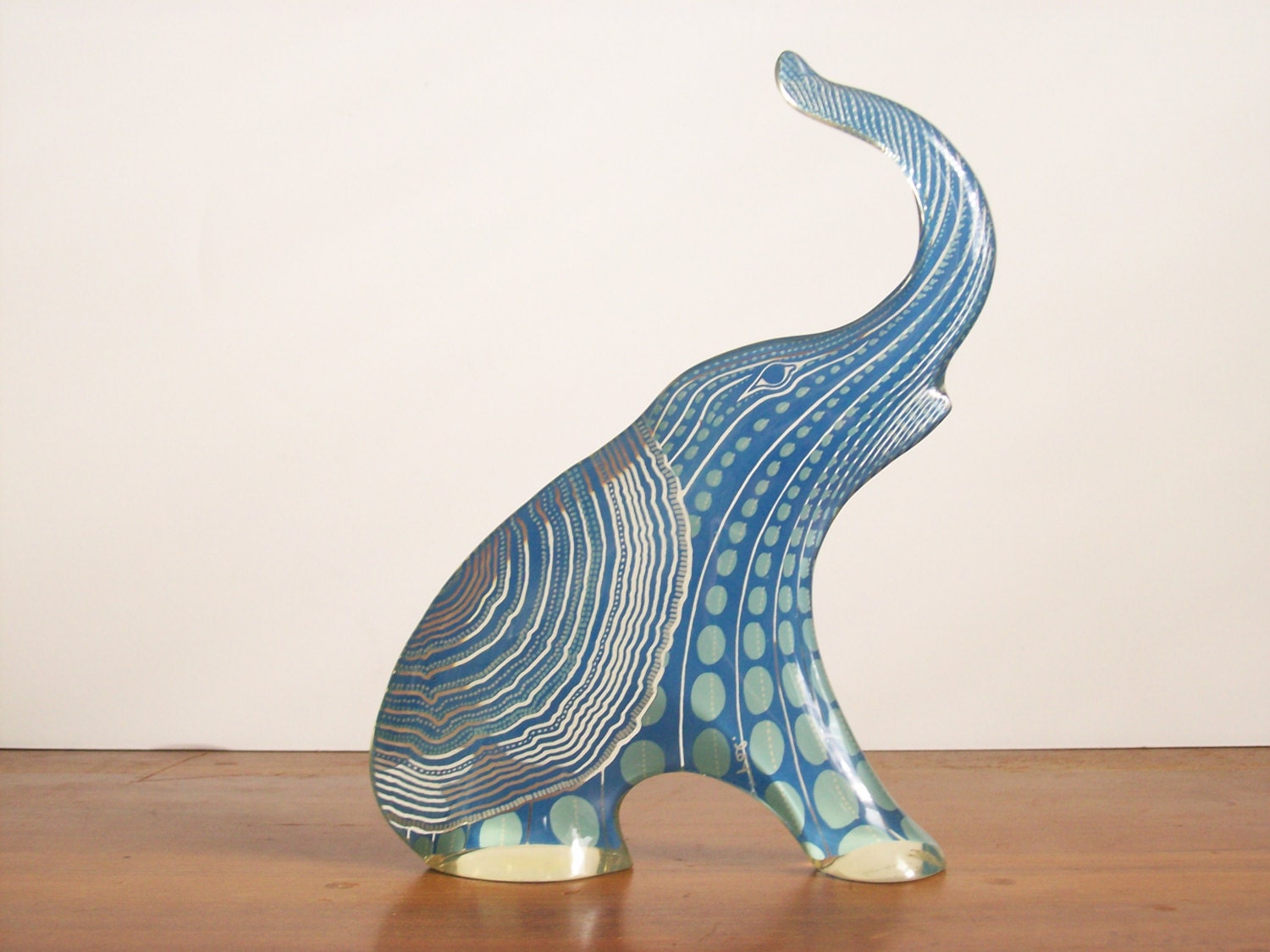
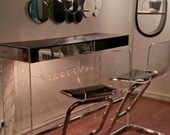
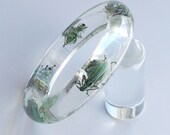
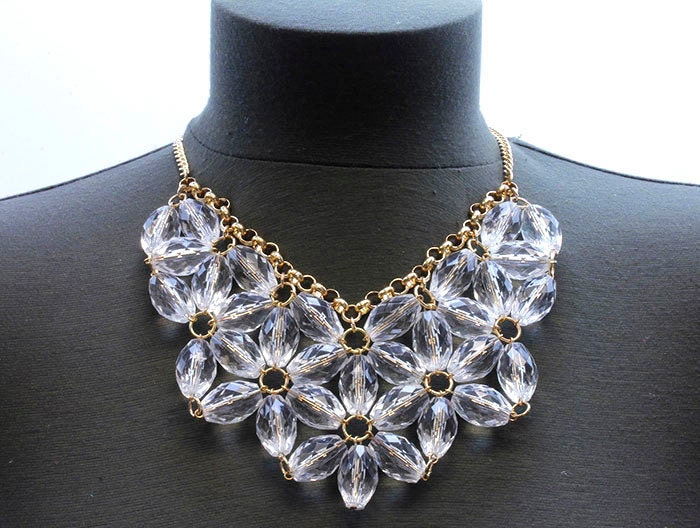
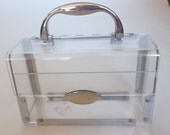
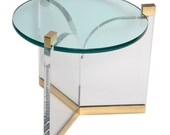
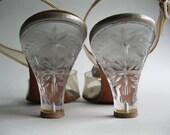
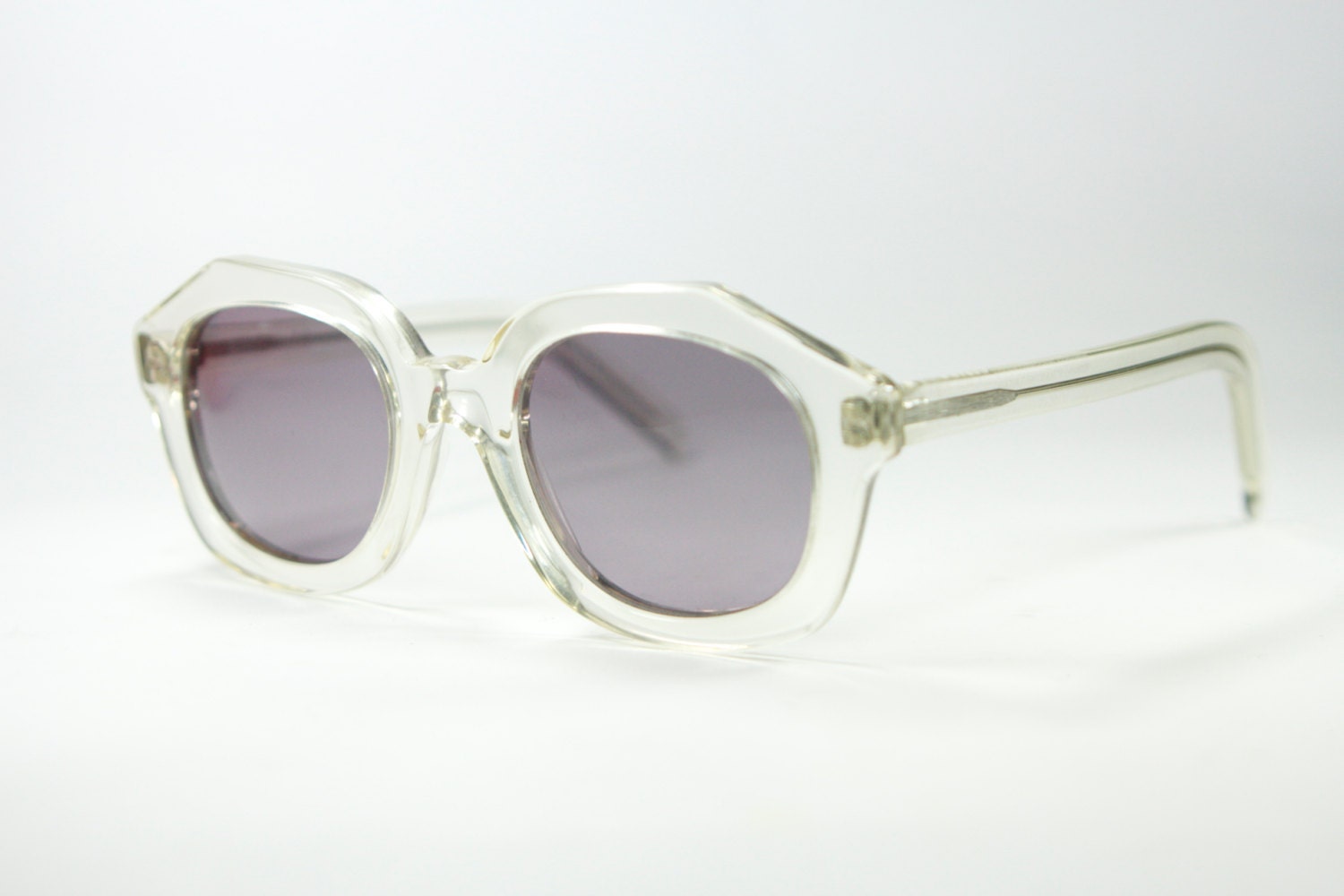
No comments:
Post a Comment